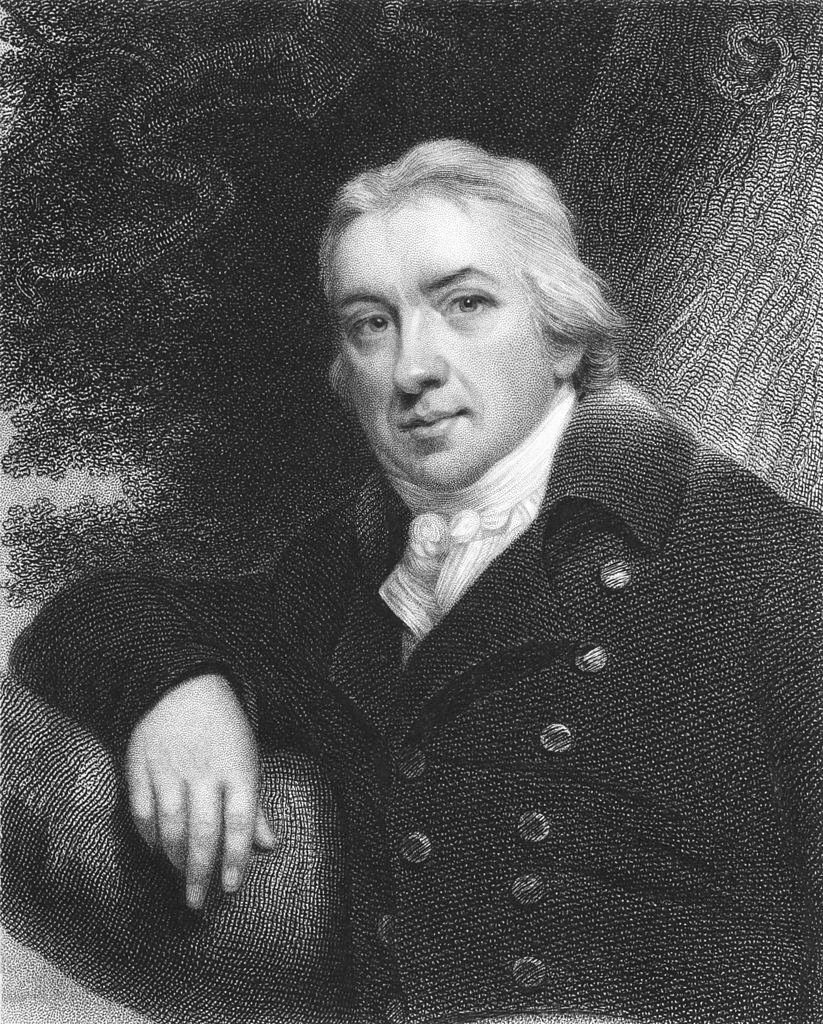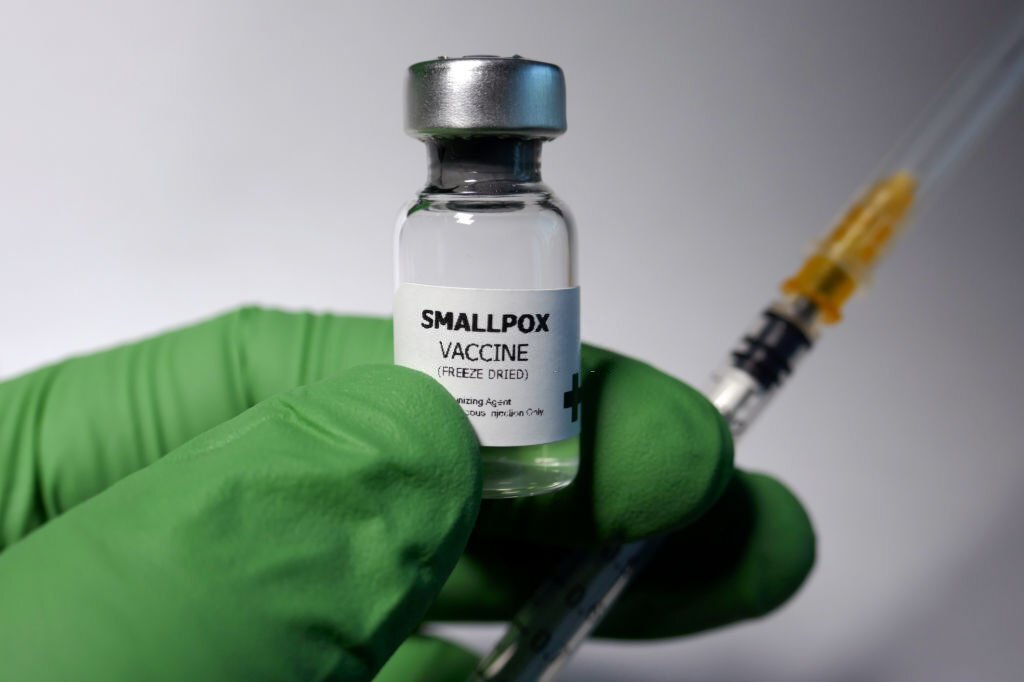Smallpox, a highly contagious and deadly disease, plagued humanity for centuries. For thousands of years, smallpox devastated populations around the world. This highly contagious virus caused fever, body aches, and a distictive rash leaving survivors disfigured and often blind. After a massive global vaccination effort led by the World Health Organization, smallpox was finally eradicated in 1980.
This stands as one of the greatest achievements in public health history. The development and widespread adoption of smallpox vaccination revolutionized public health and led to the eventual eradication of this devastating illness.
This article explores the remarkable history of smallpox disease and the transformative impact of smallpox vaccination, highlighting key milestones, challenges, and the ultimate triumph of global immunization efforts.
The Emergence of Smallpox
We think smallpox have emerged thousands of years ago, leaving its mark on human civilization. Smallpox first emerged around 10,000 BC in Africa. From there, it spread to India and China by 1000 BC. Outbreaks continued to ravage societies over the centuries.
In the 18th century, around 400,000 Europeans died annually from what was known as the “speckled monster.” Smallpox killed an estimated 300 to 500 million people in the 20th century alone before being stopped by vaccination.
The disease spread through close contact, causing severe symptoms such as high fever, skin rashes, and often resulting in disfigurement or death. Smallpox outbreaks ravaged communities, leaving a trail of suffering and death in their wake.
Discovery of Smallpox Vaccination
In 1796, an English doctor named Edward Jenner made a breakthrough that paved the way for the first smallpox immunization. Jenner noticed that milkmaids who had been infected with the less dangerous cowpox virus seemed immune to smallpox. After testing cowpox material on a young boy, Jenner exposed the child to smallpox and saw that he was protected. This discovery led Jenner to create the novel vaccination method.

Advancements and Global Adoption of smallpox vaccine
Jenner’s discovery laid the foundation for the development of smallpox vaccination. Over time, various advancements were made in refining the vaccine production process and improving its efficacy. The technique evolved from using cowpox matter to using a related virus called vaccinia virus, which provided stronger and more reliable protection against smallpox.
With the support of governments and medical communities, smallpox vaccination gained momentum and was widely adopted worldwide. The smallpox vaccine spread quickly throughout Europe.
As early as 1800, the vaccine reached North America when Benjamin Waterhouse introduced it in Massachusetts after his own young son was inoculated. By 1832, around 100,000 people had received the new vaccine in the United States.
Initially the spread of smallpox vaccine was by using the arm-to-arm method. Material from a vaccinated patient’s pustule was transferred to the arm of an unvaccinated person. This technique helped spur widespread immunization. By the early 1900s, vaccines made in cows and calves began replacing arm-to-arm inoculation, standardizing vaccine potency and safety.
Challenges and Triumphs of smallpox vaccine
Over the 19th and 20th centuries, smallpox vaccination gradually became commonplace around the globe. However smallpox outbreaks continued. It wasn’t until 1959 that the World Health Organization launched a dedicated global eradication campaign. Through mass vaccination and surveillance, this initiative succeeded in wiping out natural smallpox transmission by 1977. In 1980, the WHO declared smallpox officially eradicated worldwide – the first human disease eliminated through vaccination.
The Final Push for Eradication of smallpox
The last known natural case of smallpox occurred in Somalia in 1977. With the virus confined to laboratories, there was a launch global campaign for eradication. Intensive vaccination efforts, including ring vaccination strategies, were employed to break the chain of transmission.
Smallpox Vaccination: Eradication and Legacy
On May 8, 1980, the WHO officially declared smallpox eradicated—the first disease to be eliminated by human effort. Smallpox vaccination had triumphed, marking a historic milestone in global public health. The success of smallpox eradication demonstrated the power of vaccination and inspired efforts to combat other infectious diseases.
Today the smallpox vaccine is no longer routinely administered. But it remains an important medical tool. After the 9/11 attacks in 2001, Some military personnel and healthcare workers had the smallpox vaccination in case of biological warfare. It may also be used in future outbreaks due to accidental release from laboratories holding smallpox samples. The vaccine provides critical protection from this devastating and highly infectious virus.
the smallpox vaccination campaign served as a catalyst for advancements in vaccine infrastructure, surveillance systems, international collaboration, and public confidence in immunization.
The lessons learned from this historic campaign continue to shape and influence other vaccination programs, contributing to the global efforts in preventing and eliminating infectious diseases.
The experience gained from the smallpox eradication campaign paved the way for future vaccination programs, such as those targeting diseases like polio, measles, and rubella.
Smallpox as the First Eradicated Disease
Smallpox holds the distinction of being the first disease eradicated through human effort. This monumental achievement showcased the power of vaccines and highlighted the importance of global cooperation and sustained commitment to public health initiatives.
In conclusion, the tireless efforts of doctors like Edward Jenner and Benjamin Waterhouse to develop the smallpox vaccine transformed global health. Over two centuries, inoculation campaigns ultimately stopped a virus that had killed and maimed humans for millennia. The history of smallpox vaccination demonstrates that even a centuries-old scourge can be bested when science and determination unite against it.
